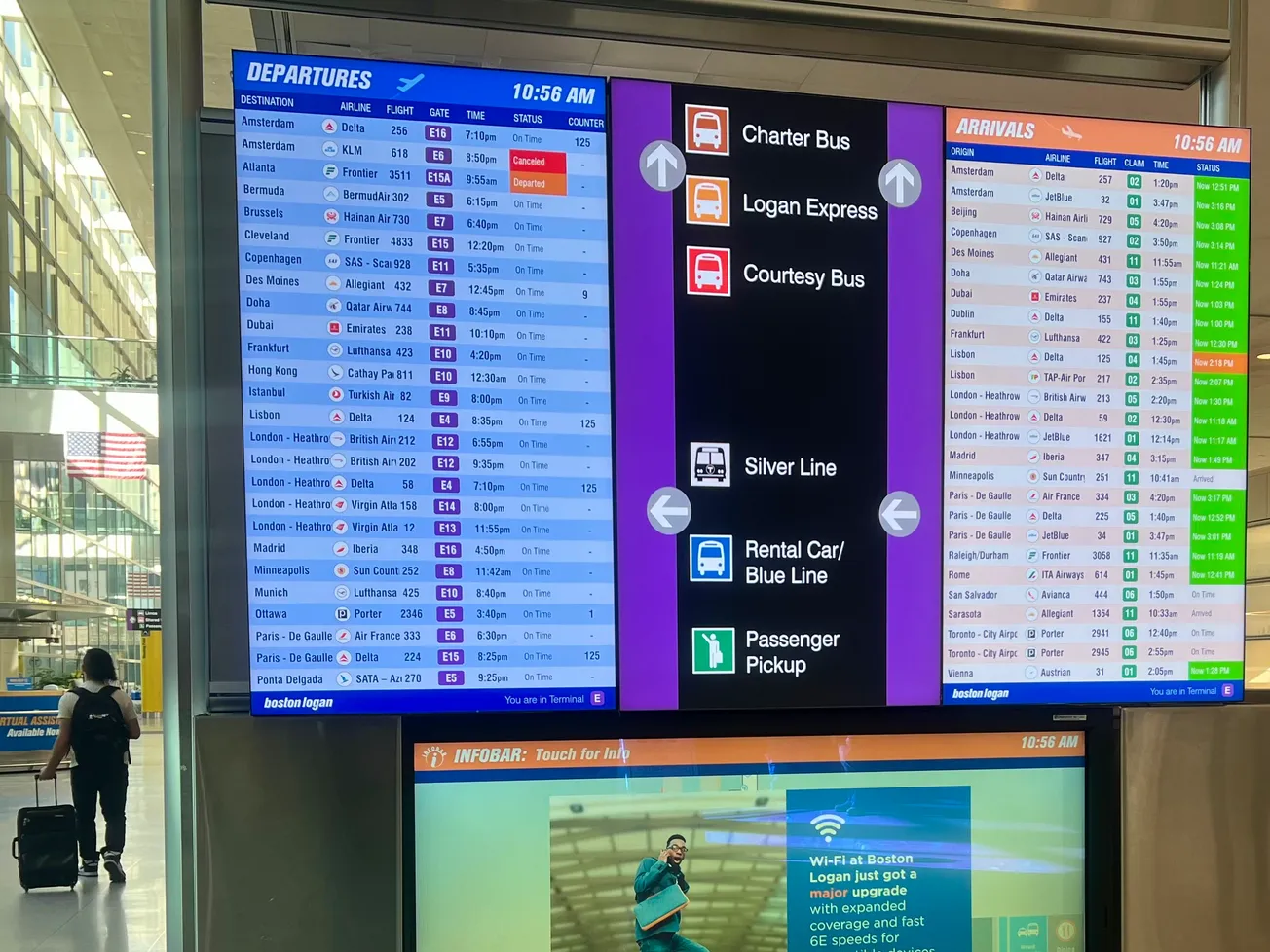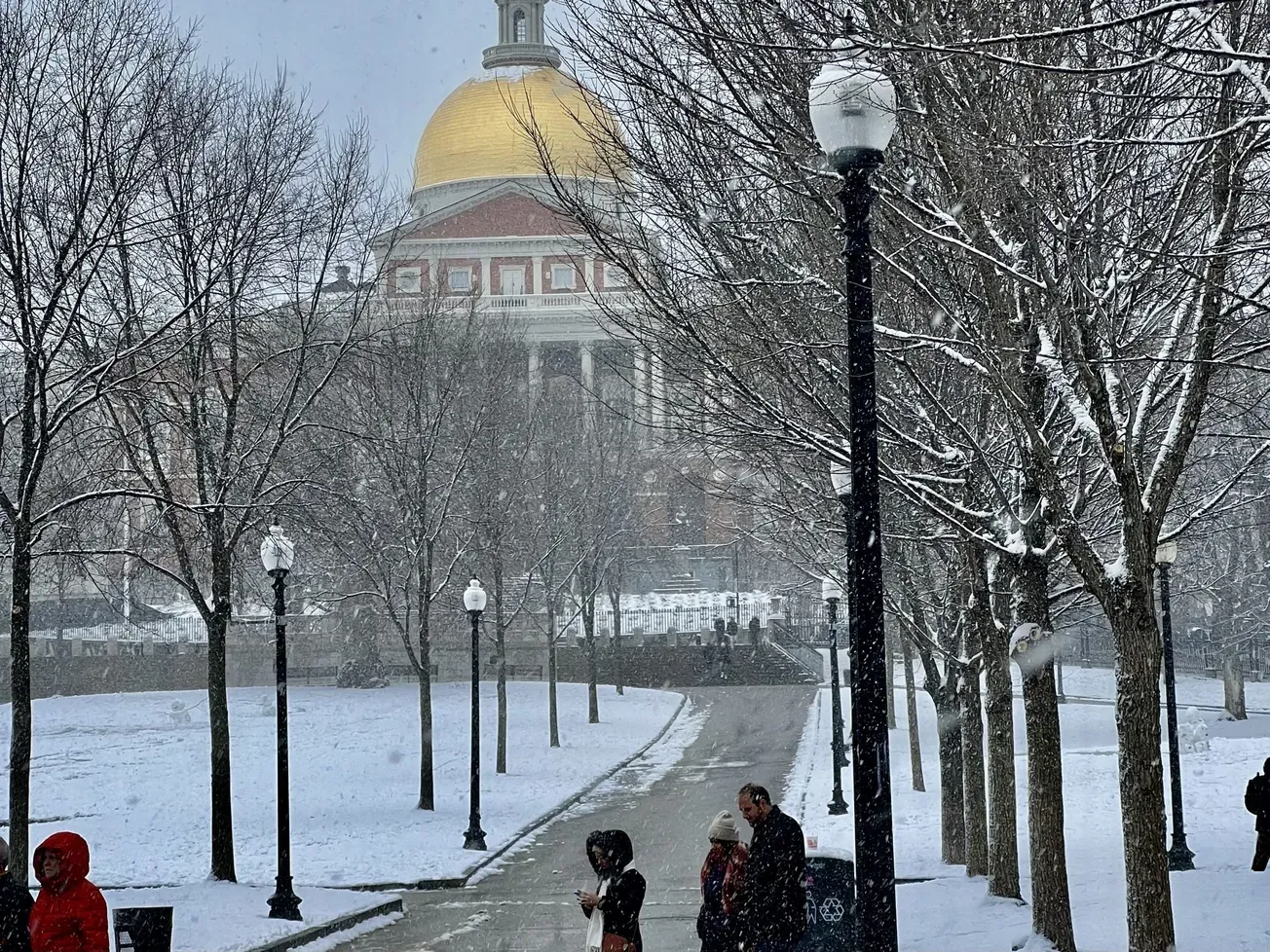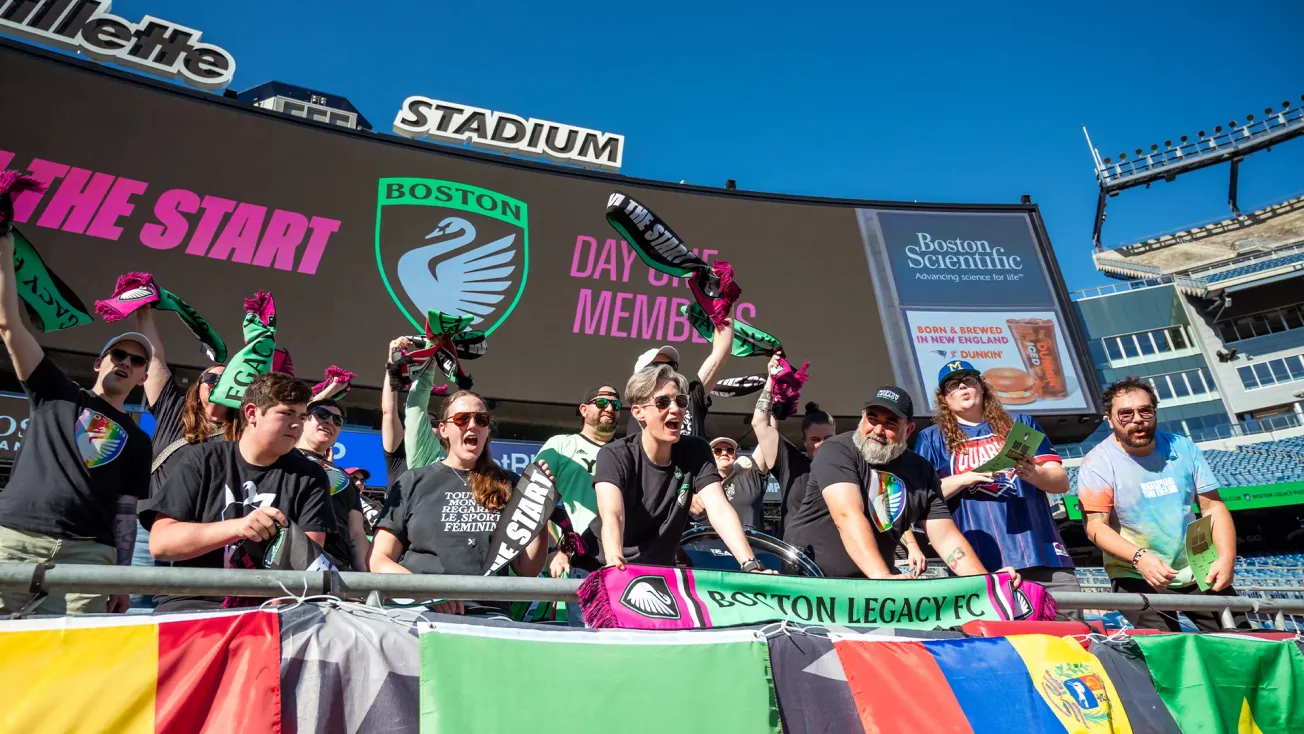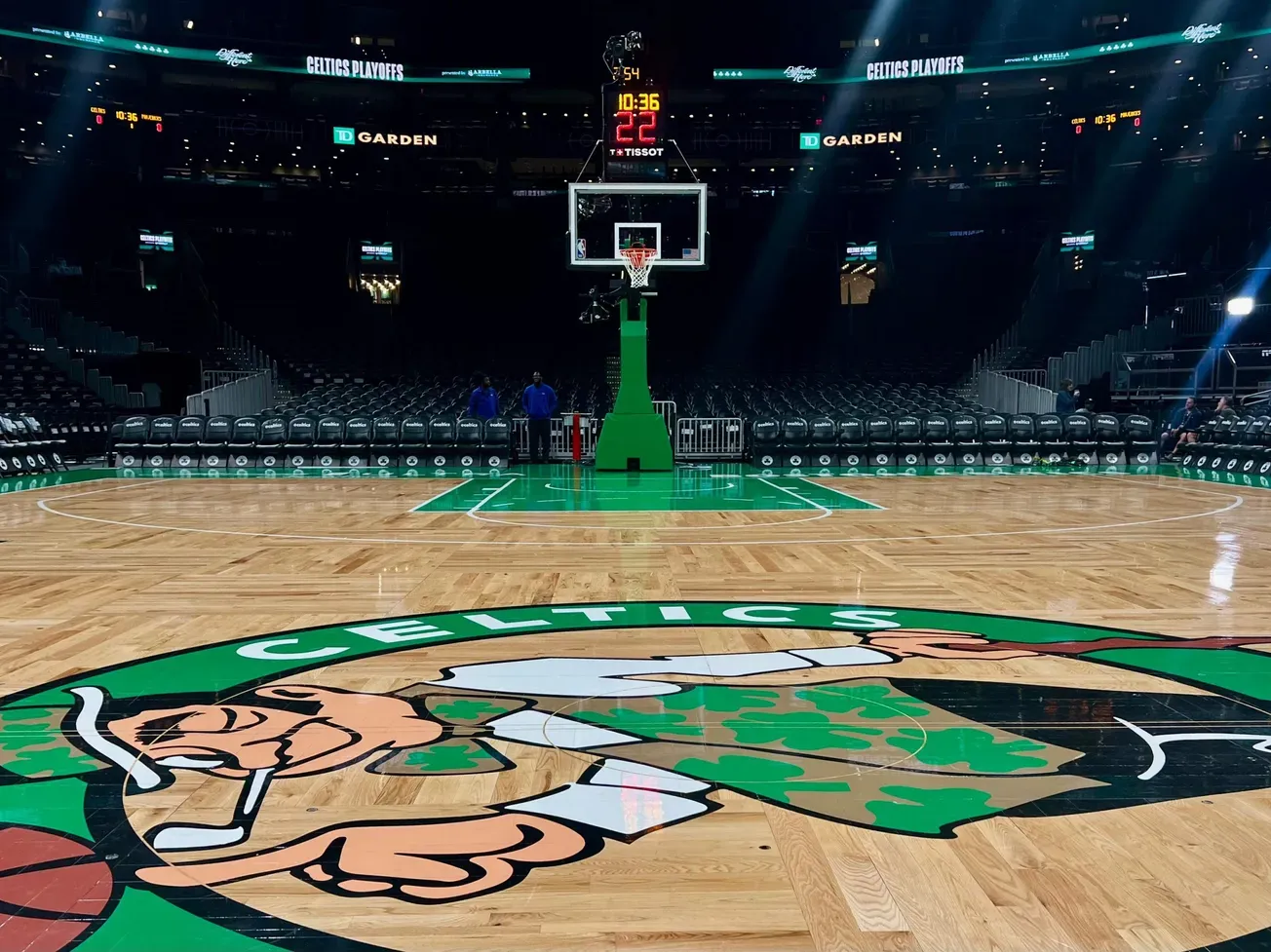¿Sabía usted que el próximo 4 de noviembre los votantes de Mass. deberán expresarse a favor o en contra de una medida que podría expandir la ley que fija el depósito que se paga/recupera al comprar/retornar bebidas embotelladas en nuestro estado? Por medio de una nueva campaña de televisión varias cadenas de supermercados buscan expresar su oposición a una propuesta que contempla incluir el cobro de depósito al vender botellas de agua y otras bebidas no carbonatadas. La cuña de televisión busca que los votantes rechacen la Pregunta 2 que de ser aprobada expandiría la ley de depósito cargado a las botellas en el estado a todos los recipientes de bebidas no-alcohólicas, con la excepción de bebidas derivadas de la leche, fórmula infantil y medicamentos.
Quienes apoyan la Pregunta 2 son los representantes estatales Denise Provost y David Rogers, MASSPIRG, Massachusetts Sierra Club y Environmental League of Massachusetts. Quienes apoyan esta propuesta sostienen que de entrar en vigor se evitaría que se tiren a la calle botellas/envases de bebidas por los que no se ofrece un retorno del depósito.
Por otro lado, entre los mayores opositores a la Pregunta 2 está una coalición que ha captado casi $5 millones en donaciones de la American Beverage Association así como también donaciones de cuatro cadenas de supermercados: los operadores de Price Chopper, Big Y Foods, Roche Bros. y Stop & Shop. Ellos rechazan la Pregunta 2 porque citan entre otras razones el aumento del costo de las bebidas para los clientes y los negocios. Además alegan que en Massachusetts la mayoría de las personas tienen facilidad para reciclar botellas/envases.
Sin duda los gigantes de la industria de las bebidas y de la venta de comida tienen más dinero para tratar de convencer a los votantes, pues quienes apoyan el paso de la ley solo han recaudado casi $300 mil. Sin embargo en esta lucha de David versus Goliat solo el votante tendrá la última palabra el próximo 4 de noviembre.
Aquí lo dejamos con la explicación de la pregunta tomada de la página de elecciones de Massachusetts:
SUMMARY
This proposed law would expand the state’s beverage container deposit law, also known as the Bottle Bill, to require deposits on containers for all non-alcoholic non-carbonated drinks in liquid form intended for human consumption, except beverages primarily derived from dairy products, infant formula, and FDA approved medicines. The proposed law would not cover containers made of paper-based biodegradable material and aseptic multi-material packages such as juice boxes or pouches.
The proposed law would require the state Secretary of Energy and Environmental Affairs (EEA) to adjust the container deposit amount every five years to reflect (to the nearest whole cent) changes in the consumer price index, but the value could not be set below five cents.
The proposed law would increase the minimum handling fee that beverage distributors must pay dealers for each properly returned empty beverage container, which was 2¼ cents as of September 2013, to 3½ cents. It would also increase the minimum handling fee that bottlers must pay distributors and dealers for each properly returned empty reusable beverage container, which was 1 cent as of September 2013, to 3½ cents. The Secretary of EEA would review the fee amounts every five years and make appropriate adjustments to reflect changes in the consumer price index as well as changes in the costs incurred by redemption centers. The proposed law defines a redemption center as any business whose primary purpose is the redemption of beverage containers and that is not ancillary to any other business.
The proposed law would direct the Secretary of EEA to issue regulations allowing small dealers to seek exemptions from accepting empty deposit containers. The proposed law would define small dealer as any person or business, including the operator of a vending machine, who sells beverages in beverage containers to consumers, with a contiguous retail space of 3,000 square feet or less, excluding office and stock room space; and fewer than four locations under the same ownership in the Commonwealth. The proposed law would require that the regulations consider at least the health, safety, and convenience of the public, including the distribution of dealers and redemption centers by population or by distance or both.
The proposed law would set up a state Clean Environment Fund to receive certain unclaimed container deposits. The Fund would be used, subject to appropriation by the state Legislature, to support programs such as the proper management of solid waste, water resource protection, parkland, urban forestry, air quality and climate protection.
The proposed law would allow a dealer, distributor, redemption center or bottler to refuse to accept any beverage container that is not marked as being refundable in Massachusetts.
The proposed law would take effect on April 22, 2015.
A YES VOTE would expand the state’s beverage container deposit law to require deposits on containers for all non-alcoholic, non-carbonated drinks with certain exceptions, increase the associated handling fees, and make other changes to the law.
A NO VOTE would make no change in the laws regarding beverage container deposits.









